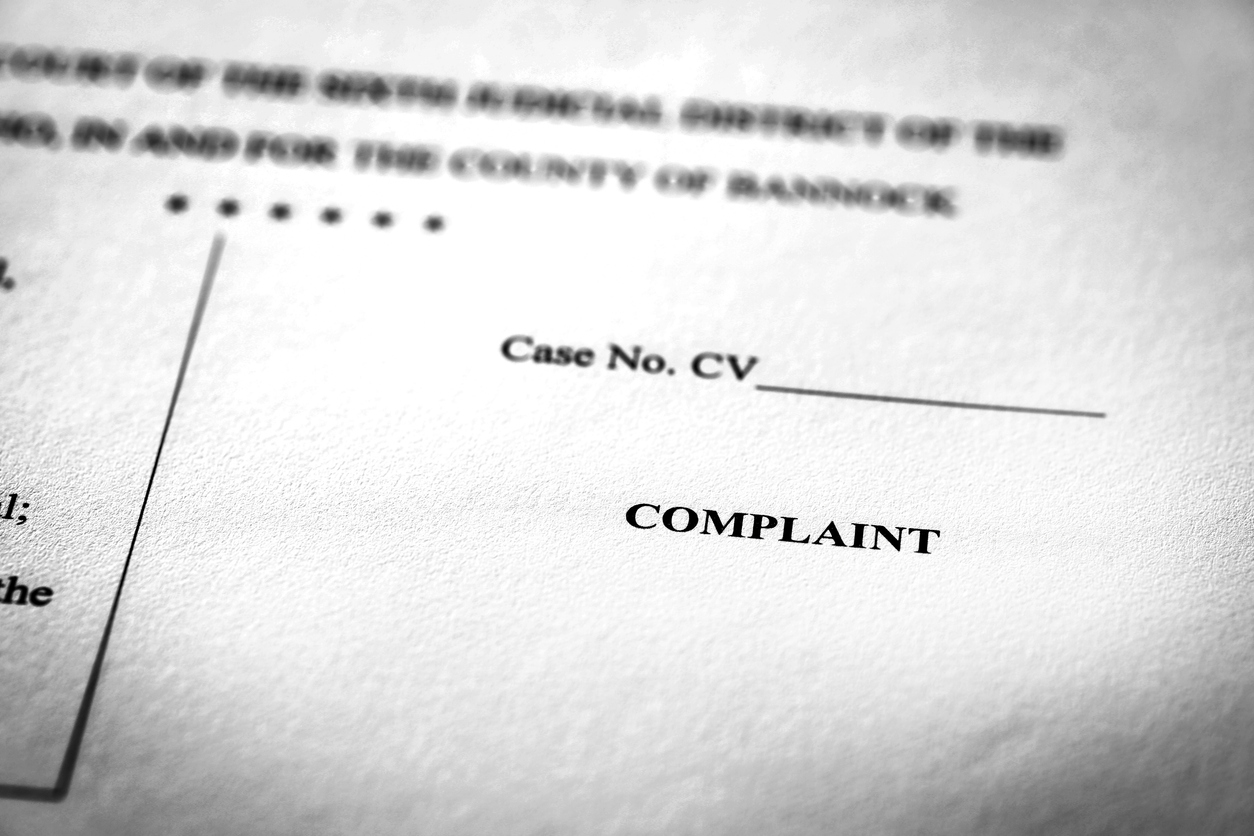Public adjusters sometimes find themselves in disputes with their own clients. Public adjusters should be paid fees for services they perform as promised in their contracts. Failing to provide those services or performing services which harm rather than help the policyholder will invariably cause the policyholder client to rightfully challenge those fees.
A Texas case decision issued last week is a good study of how things can go wrong. There, the facts of the public adjuster contract indicated the following:
In September 2007, Bedford Hospitality contracted with CCPA to adjust the ‘loss and damages by hail/wind’ on its behalf. In the one-page contract form, which we reproduce at the end of this opinion, Bedford Hospitality ‘agree[d] to pay CCPA … ten percent (10%)* plus sales tax if applicable as agreed of the amount as adjusted of the replacement cost recovered on account of loss on structure, contents, business interruption, loss of use, [and] extra expense.’ . . . Above the underlined ‘ten percent’ was handwritten, ‘To be paid 10% over 130,000.00 al[ ]ready paid.’ Following the description of the payment, the contract identified Bedford Hospitality’s policy number and Colony as the insurer. Finally, next to an asterisk, the paragraph concluded, ‘The total commission payable to CCPA … may not exceed 10% of the amount of the insurance settlement.’
As a side note, the Texas public adjuster statutes provide in part:
Sec. 4102.104. COMMISSIONS. (a) Except as provided by Subsection (b), a license holder may receive a commission for service provided under this chapter consisting of an hourly fee, a flat rate, a percentage of the total amount paid by an insurer to resolve a claim, or another method of compensation. The total commission received may not exceed 10 percent of the amount of the insurance settlement on the claim.
Public adjusters should always make certain their contracts comply to the letter of the law in the state they practice.
In this case, appraisal was demanded, and the trial court noted that the public adjuster refused to go to an inspection and had “abandoned” their adjustment in November 2007. The insurer then refused to go to appraisal and the policyholder filed litigation in 2009. That suit settled for an unsegregated amount which the public claimed 10 percent of the entire settlement.
The trial and appellate court then ruled that the public adjuster was entitled to nothing because it did not prove how much of the settlement was for the “replacement costs” and other specifics of the claim rather than something else, such as attorney fees, interest, or actual cash value.
I am certain that some may read the case as a way out of paying public adjusters their fees because it seems pretty hard for the public adjuster to prove what portion of a settlement is for the contract amounts of a claim versus something else.
To me, I read the case for other practical lessons:
- Public adjusters should attend inspections and not abandoned their work. If they do abandon their work, they can expect not to get paid.
- When extra contractual damages get paid, it may be a lot wiser to accept an agreed amount of what the claim portion of the settlement is rather than trying to claim entitlement to the entire amount of the settlement which the law will not allow a public adjuster to collect upon.
- Public adjusters should try to work as part of the team to help in the litigation. I often win cases because of the public adjuster’s hard work before suit and then after the litigation is commenced. The policyholder client is usually happy and pleased to see the public adjuster just as interested and invested in a case in litigation, and the disputes as demonstrated above do not occur.
This is a rare case because most public adjusters I know are hard-working and not abandoning their responsibilities. When they do, this case is going to provide guidance as to what a public adjuster can expect for a fee.
Thought For The Day
You change things by focusing your energy on doing your job well.
—Aisling Bea



